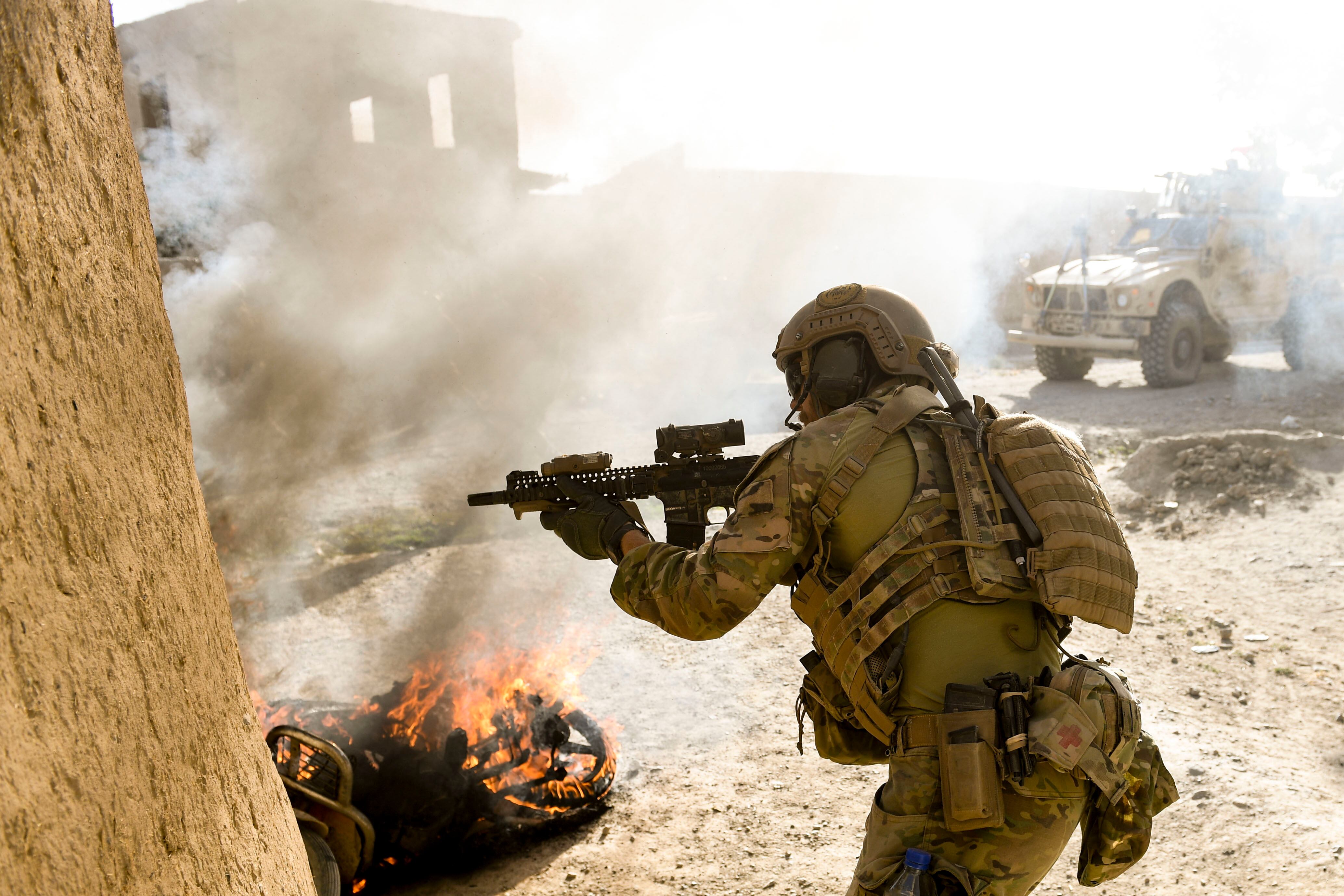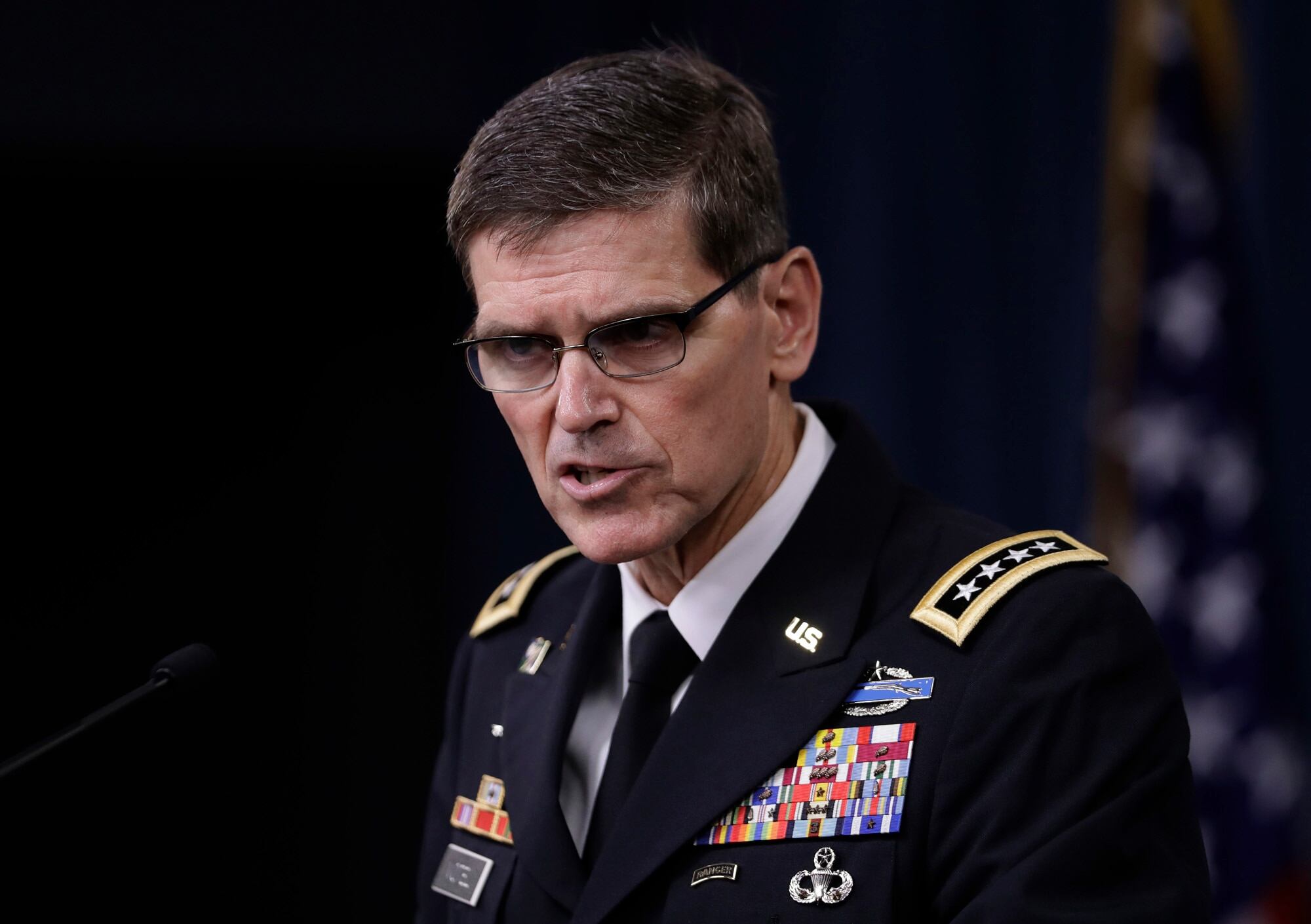

Shawn Snow
Early Bird Editor
Shawn Snow is the senior reporter for Marine Corps Times and a Marine Corps veteran.
All Stories By Shawn


Special operators will be countering violent extremists for the ‘long haul’
The commander of SOCOM said battling violent extremists groups will remain the number one priority for American commandos.

This general just took responsibility for the deadly Yemen raid
Army Gen. Joseph Votel, the commander of U.S. Central Command, took responsibility for the Yemen raid in January that resulted in the death of U.S. Navy Seal William Owens.

CENTCOM commander supports troop increase in Afghanistan
The head of U.S. Central Command told lawmakers on Capitol Hill Thursday that he supports increasing the number of U.S. forces in Afghanistan and he also addressed growing concerns about mission creep in Syria and the war against the Islamic State group.

Pentagon: U.S. troops play new role in Syria
The U.S. military has carved out a new role in Syria, with small numbers of troops now positioned to prevent an escalation of violence among an array of militias and other forces that have converged on an increasingly complex battlefield.

Chinese troops appear to be operating in Afghanistan, and the Pentagon is OK with it
The dynamic is a stark contrast to both sides' feisty rhetoric over their ongoing dispute in the South China Sea.

New strikes in Yemen, but no U.S. ground troops in firefight
The U.S. has conducted around 30 strikes in the last 48 hours.

Loose lips sink ships: Adm. Richardson asks Navy to dial back discussion of capabilities
As the U.S. military’s technological competitive advantage begins to shrink next to its competitors like China and Russia, Chief of Naval Operations Adm. John Richardson is asking the Navy to dial back its discussions of the Navy’s warfighting capabilities.

A 308-ship Navy to cost $566 billion, CBO estimates
A U.S. Navy plan to build a 308-ship Navy will cost a whopping $566 billion according to the Congressional Budget Office.

Blooded robots and tortoise-inspired vehicles among naval research awardees
Last week, the Office of Naval Research announced $16 million in awards to 33 scientists as part of its Young Investigator Program, whose projects include research in exoskeletons and amphibious robotic systems.

A Russian spy ship is prowling America’s East Coast, but the Pentagon isn't too worried
This is not the first time the Russian ship has conducted operations off the East Coast.



